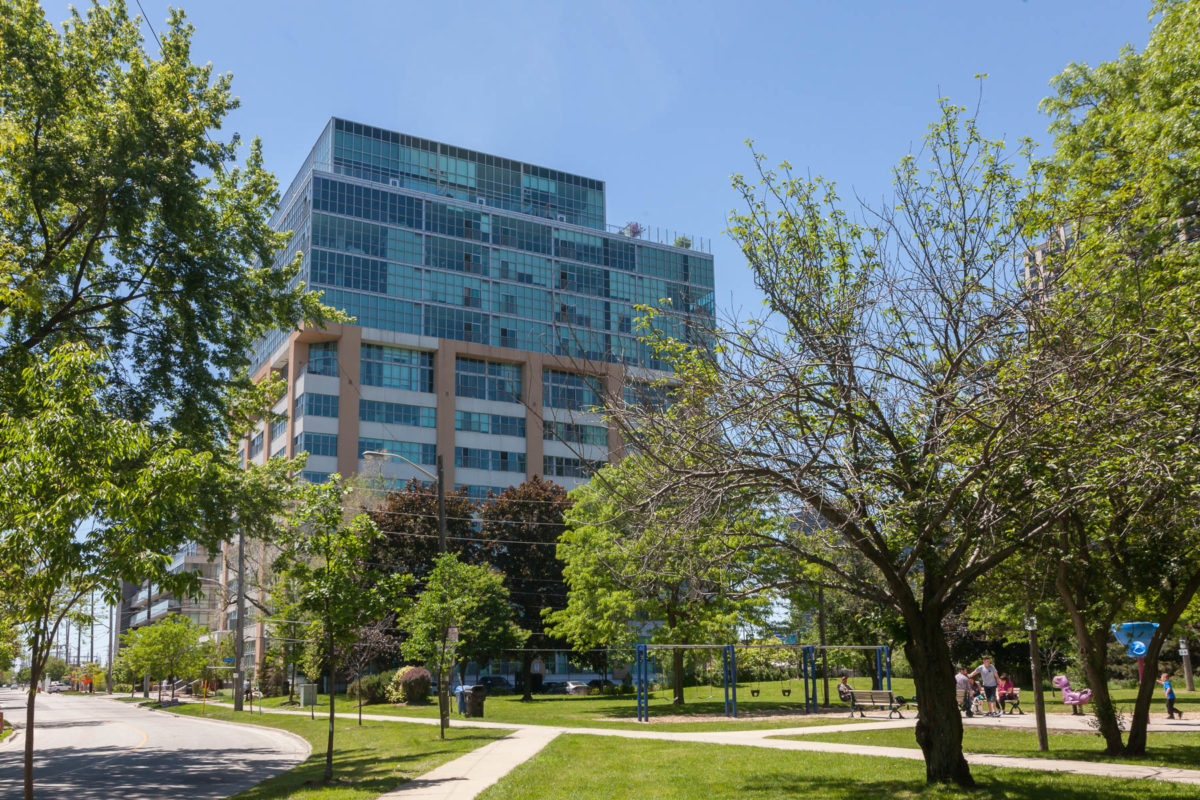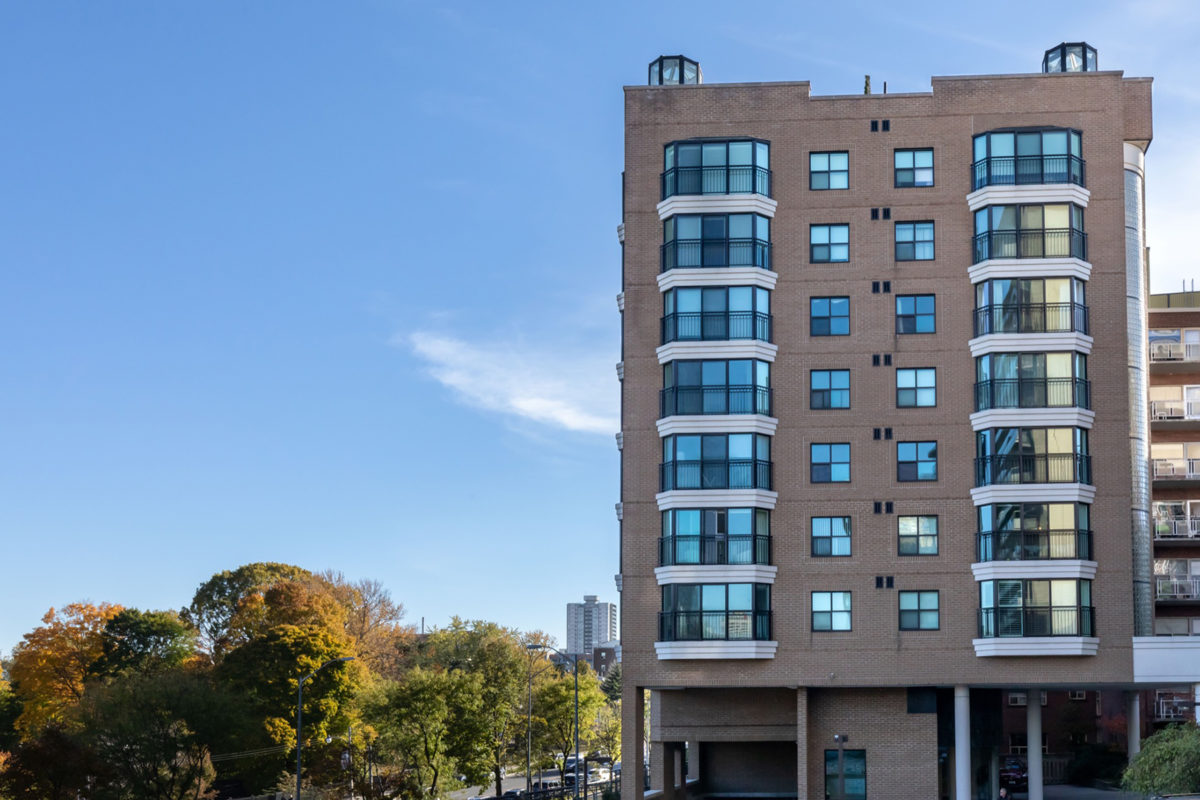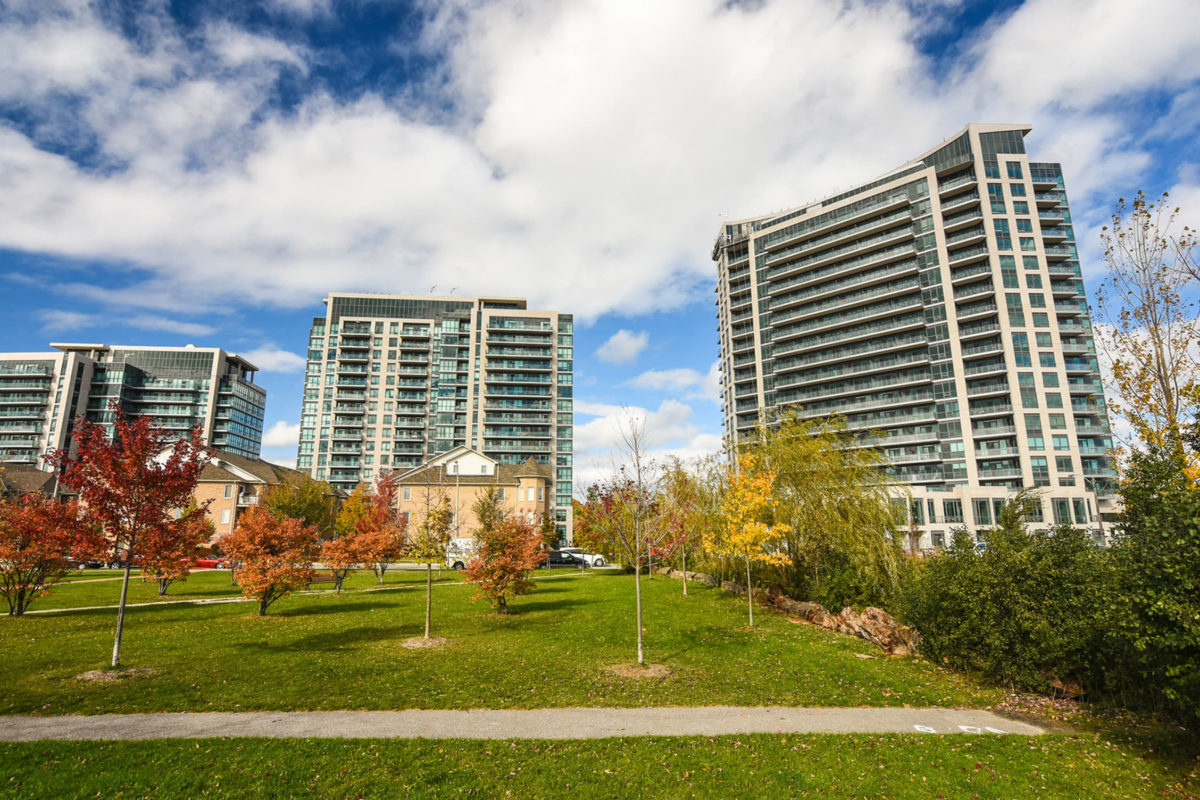Condo fees are an annoyance to many prospective homebuyers, and information about them is often unclear. It is the rare buyer who is adequately informed about condo fees before they sign on the dotted line. It is highly advantageous to be aware of the maintenance fees of a variety of different buildings you've got your eye on; this way, you can compare and contrast before you make the final decision.
Updated April 2019
The Reserve Fund Benefits the Collective
Oftentimes, buyers will lean towards purchasing a unit in a building with the lowest possible maintenance fees in order to avoid the burden of high expenses. As it might seem advantageous at first glance, these monthly payments are crucial in order for you to enjoy the comforts and pleasures of the condo lifestyle.
Monthly condo fees go into what is known as a "reserve fund," or a budget set in place by the condo board, which is used for necessary maintenance. Condo fees allow for a mutually beneficial relationship between the condo board and individual owners. While detached and semi-detached homeowners pay individual property taxes, living in a condominium means that you are residing in a collective.
Expenses – including amenities, lawn and building maintenance, utilities, trash removal, repairs, and renovations – are included in this budget and prepared annually by the condo board. Of course, since the board rewrites the budget each year, condo fees are likely to fluctuate, reflecting increases in utility rates and upkeep costs. The condo board is conservative with their budget and is not determined to charge residents more than they need. Nevertheless, from one year to the next, your condo fees may be higher or lower, depending on the circumstances.
Additionally, an important piece of information that many condo owners are unaware of is the fact that the Condominium Act of Ontario entitles the board of directors to pass bylaws governing the assessment and collection of contributions toward common expenses. If you fail to uphold your end of the bargain by paying your monthly condo fee, the board of directors is entitled to enforce payment through regular court proceedings or eviction. They do this by enforcing a lien against the tenant.
Enforcement of a Lien
Sections 85 and 86 of the Ontario Condominium Act are clear. If an owner fails to pay his or her share of the common expenses, the condo corporation is legally within their rights to register and enforce a lien against the owner’s unit – essentially, it means that the condo board is legally entitled to evict you and sell your unit, should you fall behind on your condo fees.
Of course, the board is expected to use discretion when enforcing liens, and few boards will callously and thoughtlessly evict residents simply for missing a month’s payments. Responsibility and respect are of the utmost importance, and the board of directors is forbidden to use abusive conduct towards their tenants simply due to this bylaw. The condo board will typically mail a demand letter addressed to the resident or speak to them directly about the fact they have fallen behind on their condo fees.
The board is required to give ten days' notice to the resident before a certificate of lien is served. The notice must accord with a prescribed form, including a claim for the amounts covered by the lien, and be served either by personal service on the unit owner or via prepaid mail addressed to the unit owner. The ten days' notice mentioned gives delinquent owners plenty of time to pay their fees and get back on track – if the resident resolves the issue, the board won’t enforce the lien. If not, the certificate of lien is served, and the board must register it within another ten days.
After serving a notice and registering a certificate of lien, the unit owner should pay all the payments to the solicitor for the board of directors in trust, allowing the solicitor to determine when the lien is fully repaid. The payments include the unpaid amount of condo fees, interest on it, and all reasonable legal costs and expenses that the corporation takes on in the liens process. Once the unit owner pays all the amounts the lien covers, the board must discharge the certificate of lien.
Generally speaking, the lien enforcement system is a practical one that works well for owners and boards alike. The enforcement of a lien is a good way to ensure that delinquent owners will pay up without involving the courts. The vast majority of the time, enforcing a lien will help the board obtain the necessary fees.
What if a Tenant Defaults?
Unfortunately, there are rare situations where the enforcement of a lien isn't enough, and a tenant defaults on their obligation to pay condo fees. In this case, the board of directors are permitted to take part in the resident's arrears from their rent. This does not violate any rental agreements and is usually nothing more than a mild annoyance to a tenant since they are technically losing nothing.
However, the board of directors is required to notify both the tenant and the owner either in person or by a prepaid letter in the mail. After receiving this notice, the tenant is expected to pay the necessary fees to the board of directors. At this point, the tenant will not be considered in default.
Removing outstanding costs from a defaulted tenant's rent is a quick and effective way of ensuring that condo fees are paid on time since tenants will notice that the fees are being deducted. It’s also important to keep in mind that even if tenants choose to waive their right to use common amenities, they are still required to pay condo fees.
CB00LR




